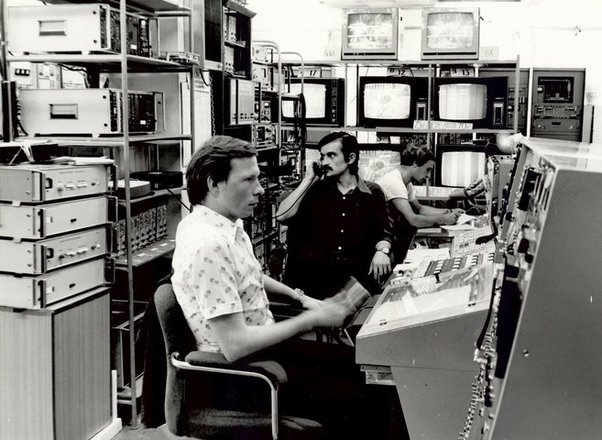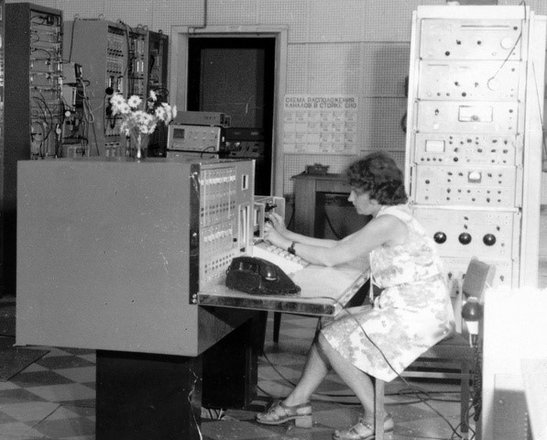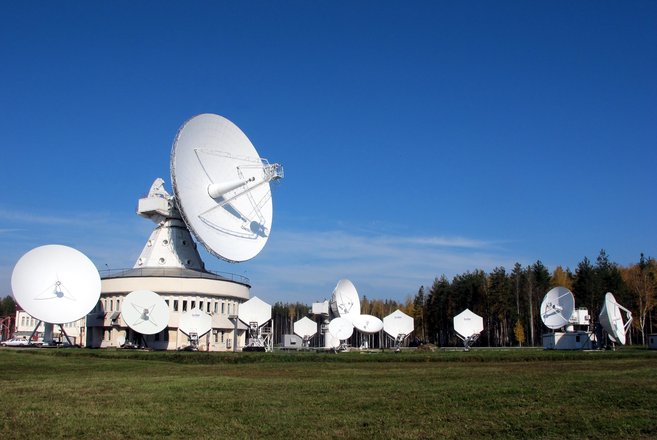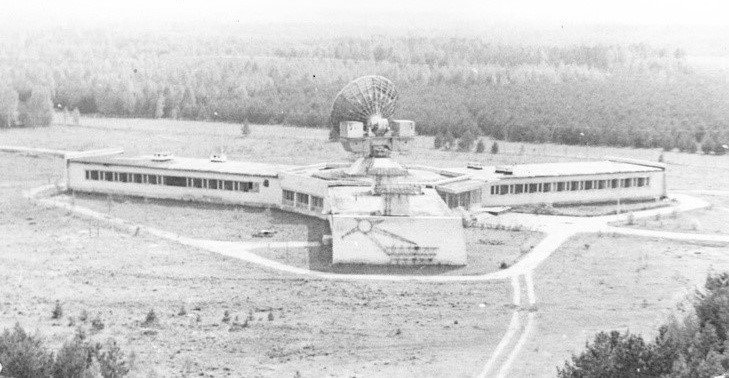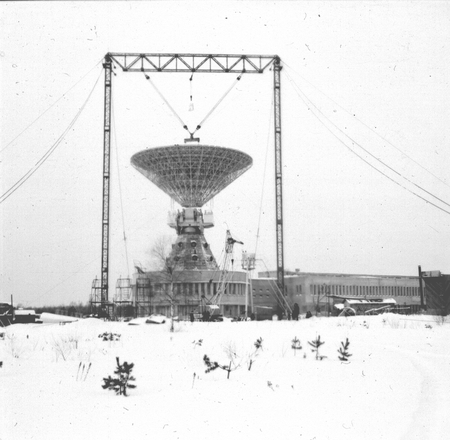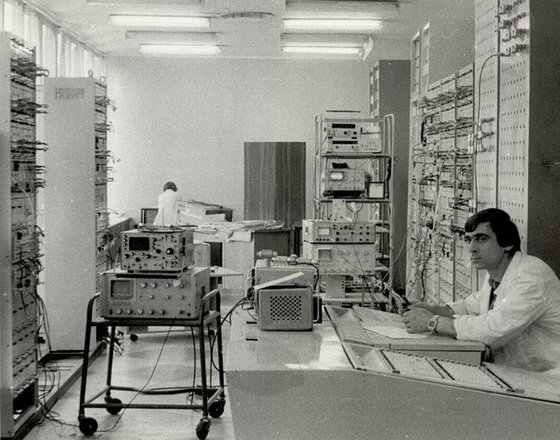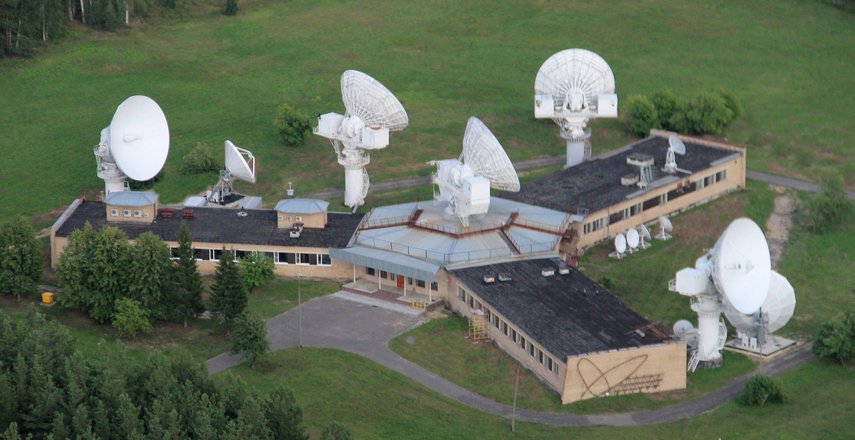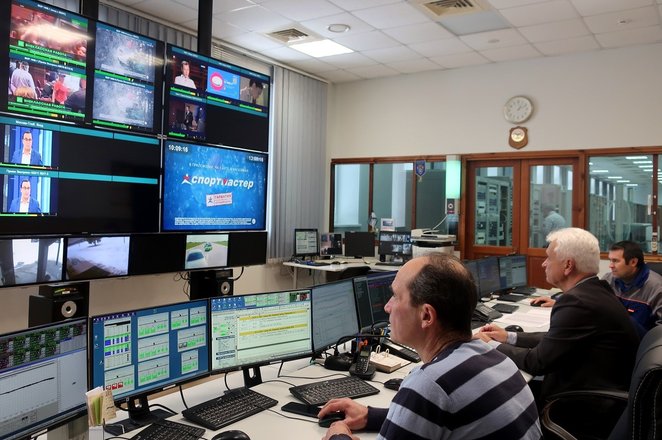For 50 years in contact with outer space: SCS "Vladimir" celebrating its anniversary
The history of SCS "Vladimir" goes hand in hand with the development of the entire satellite communications sphere. SCS "Vladimir" is one of the oldest operating teleports in the world. The Azimut-M Space Communications Station, as it had been originally known, was put into operation by order of the USSR Minister of Communications Nikolai Psurtsev in 1971. The new facility provided transmission of television programs within the Orbita system, trunk telephone channels to Siberia and the Far East as well as telephone communications with Cuba. Moreover, in 1980, SCS "Vladimir" made it possible for millions of people to watch the Summer Olympics in Moscow.
Over its half-century history, SCS "Vladimir" has been involved in a multitude of diverse projects. These include exchange of telemetry and command information with the space modules of Express-A, Express-AM and Sesat series, maritime and ground mobility solutions. The station’s work helped to solve an important task for the entire satellite industry — the coverage of remote areas and providing their residents with high-quality communications. Since the 1970s, SCS "Vladimir" has been used to transmit TV programs within the Ekran DTV network to receiving stations in isolated villages of Siberia and the Far North.
Now SCS "Vladimir" is a modernized high-tech center that brings together professionals of the satellite industry. The exclusive geography of the station, which is located not far from the city of Vladimir, makes it possible to work stably with the RSCC satellite constellation on an arc from 20° W up to 103° E.
Many important public and private projects are being implemented today with help of the station. These include spacecraft control, federal TV and radio broadcasting, government communications with foreign countries, and the setting up of modern data transmission channels. SCS "Vladimir" cooperates with major Russian and international companies, including Intersputnik, PJSC Rostelecom, and others.
SCS "Vladimir" has many important tasks ahead. Among them, for example, participation in the "Express-RV" project. This system includes ground infrastructure and four HEO satellites, which are intended to cover the regions of the Far North and improve communication in places with difficult terrain, complicating the work of the RSCC geostationary constellation. In addition, it will provide communications for trains, river vessels, trucks and ships using the Northern Sea Route (NSR). High-quality reliable connectivity along the entire length of NSR is a key factor for the development of the Arctic region, which is strategically important for the country.
